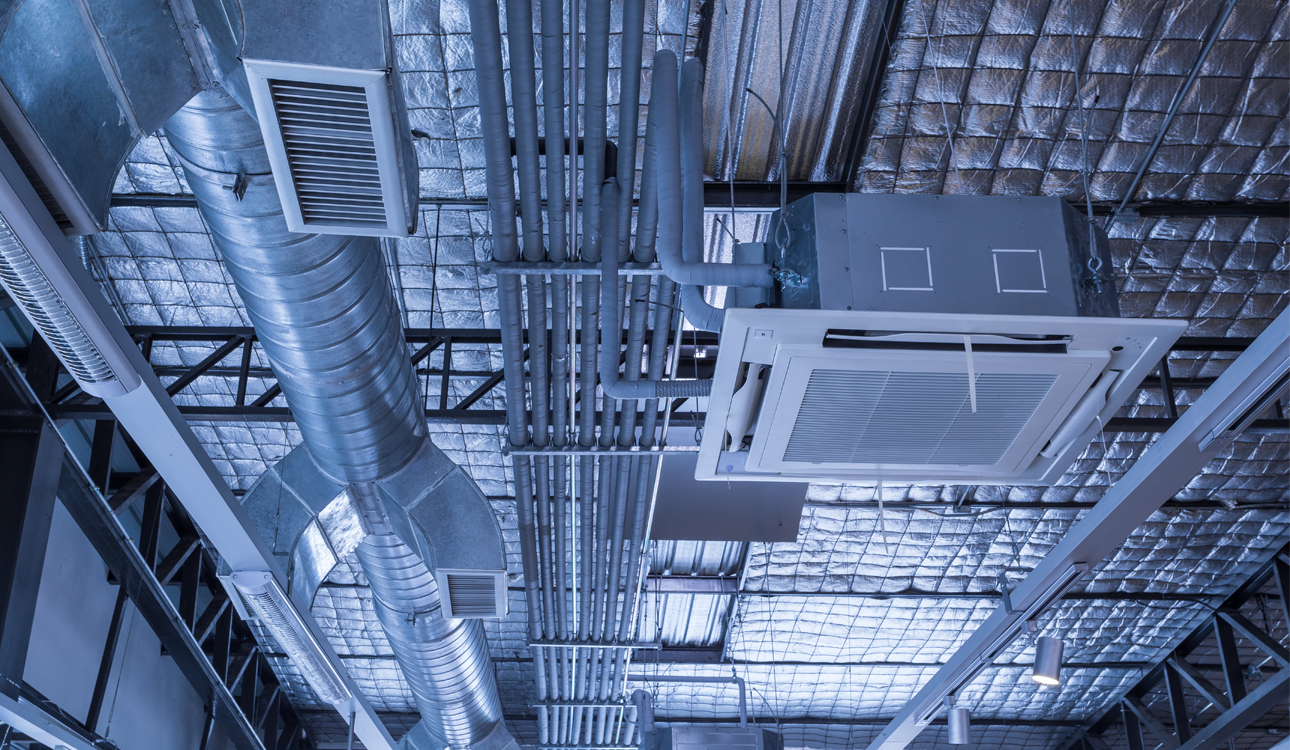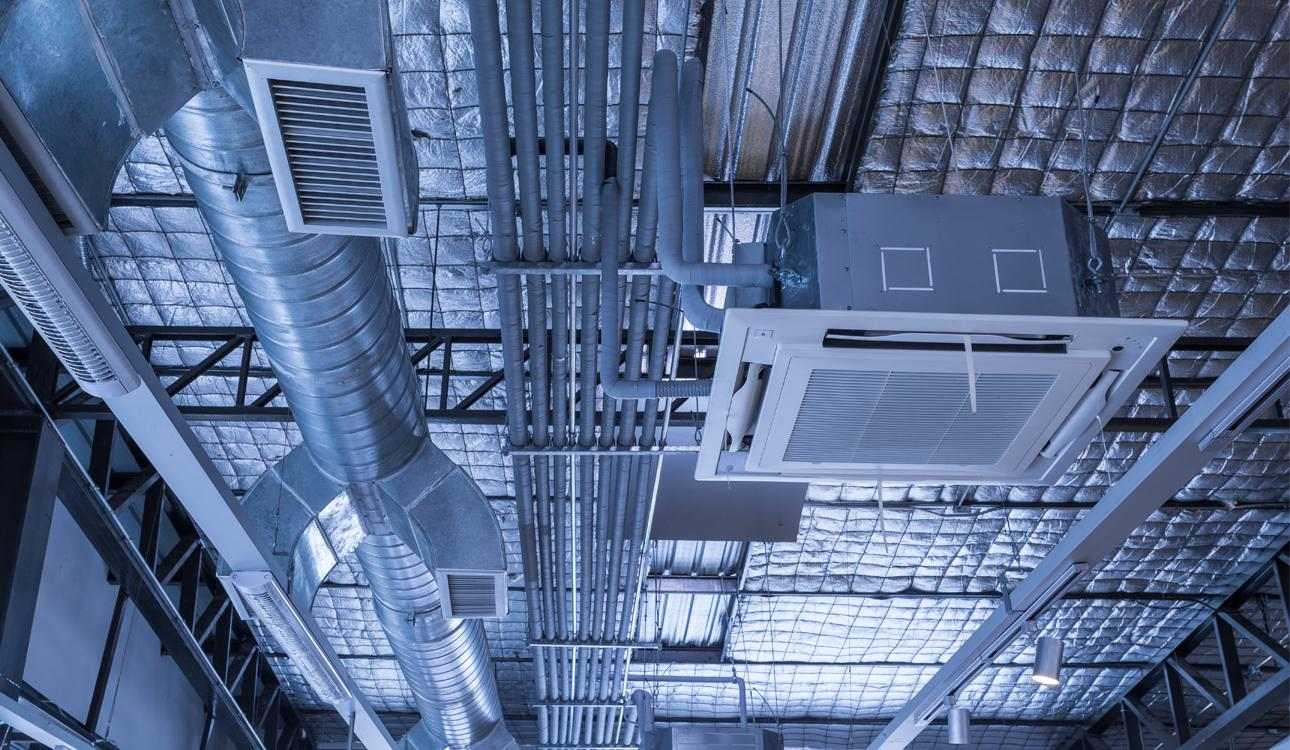There are many factors that impact the success of a processing plant’s food safety strategy. These are commonly thought to be sparkling-clean metal surfaces, clean-in-place systems and efficient and sustainable chemistry. However, one aspect of a safe and hygienic facility tends to go overlooked, and it’s the one I have spent a good portion of my tenure at Diversey working on; air quality.
Air Quality Regulations
Food processing plants in North America, and around the World, have legal requirements for air quality to which they must adhere to avoid legal ramifications as well as food safety hazards. It’s important to understand the following regulations:
U.S. – Food Safety Modernization Act (FSMA)
Section 103 of the law calls for plants to “evaluate the hazards that could affect food manufactured, processed, packed or held by such facility, identify and implement preventive controls to significantly minimize or prevent the occurrence of such hazards.” These hazards could include contaminated air, so it is incumbent on each operation to institute a plan to prevent unsafe air qualities from existing.
Canada – Safe Food for Canadians Regulations
Canadian law mandates a written preventative control plan to avoid contamination. This plan must include “a description of the biological, chemical and physical hazards” in a plant, as well as “the control measures for preventing or eliminating those hazards or reducing them to an acceptable level” and “evidence that the control measures are effective.”
Global Standards – BRC and SQF.
These global standards both discuss air quality as a key component of food safety. The BRC rules require that “air and other gases used as an ingredient or that are in direct contact with products shall be monitored to ensure this does not represent a contamination risk.” It also stipulates that “compressed air that is in direct contact with the product shall be filtered at point of use.” SQF rules similarly state “compressed air or other gasses (e.g. nitrogen, carbon dioxide) that contacts food or food contact surfaces shall be clean and prevent no risk to food safety.”
“Seeing” Air Quality
Unlike the cleanliness of a surface, plant managers cannot evaluate air quality by a visual inspection. After all, air is invisible, and it is easy to overlook the invisible aspects of an operation. Neglecting air quality as a potential source of contamination can result in decreased shelf life and even product recalls but many customers do not have the equipment or other resources to conduct thorough microbiological air monitoring. Diversey's new AirQualityCheck comprises three elements to provide a full evaluation of a plant’s air quality with the goal of increasing overall food quality and safety.
- Environmental Air Assessment: This service tests and monitors a plant’s environmental air quality, allowing managers to benchmark and improve upon previous results to ensure product safety.
- Air Flow Assessment: This helps plant managers understand and control allergen cross-contamination risks in their facilities by identifying the airflow between critical areas where allergens commonly exist.
- CompAir Micro Check: We use industry-leading technology and expertise to analyze and verify the microbiological air quality of the compressed air in a facility.
About Joe
Even before attending the University of Guelph in Ontario, microbiology and chemistry have always fascinated me. The food industry offers an ideal blend of these two sciences, so it was a natural career for me to pursue. Since starting at Diversey in 2017, I have been involved in the development of several Knowledge-Based Services, including the brand-new CompAir Micro Check mentioned above.
From being a plant manager and a quality assurance director at multiple companies to my role today as a Sector Specialist and Field Microbiologist for Diversey, I know firsthand the value a team of knowledgeable experts can bring to a customer. With concepts like air quality, it may be difficult to find a depth of knowledge of the issue and its importance without consulting a trustworthy partner. We bring a fresh set of eyes, hundreds of years of combined experience and an encyclopedia of different ways to implement programs that drive continuous improvement in food quality and safety.





